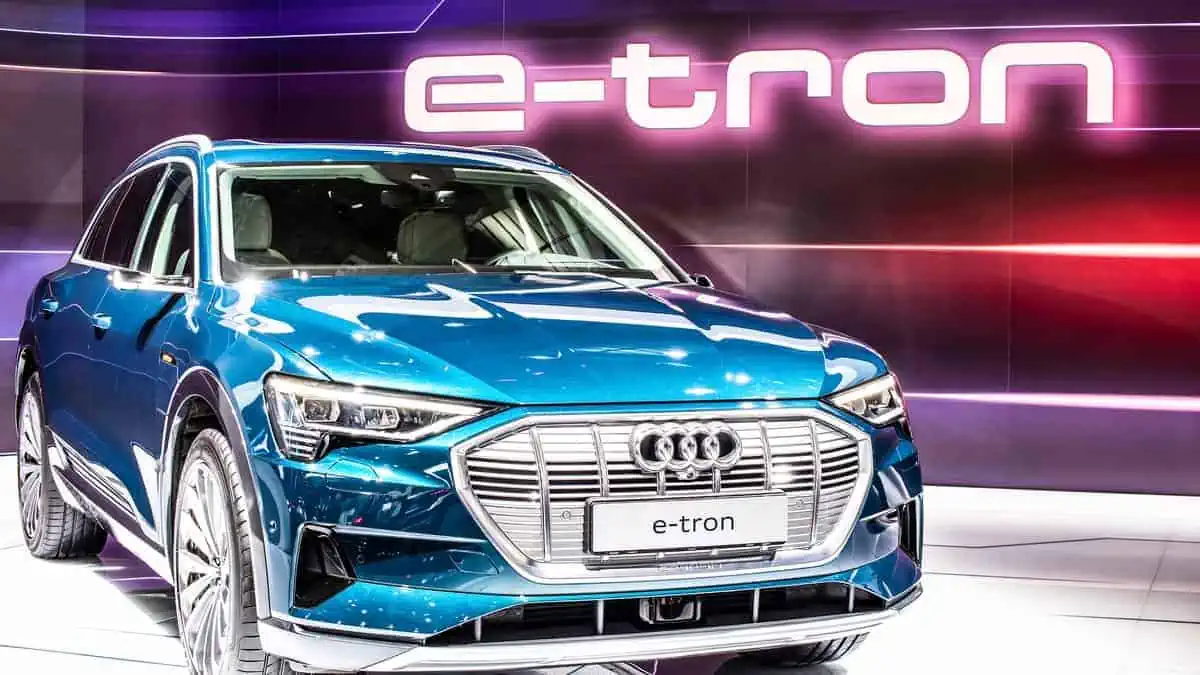One of the most popular questions circulating about electric vehicles is their range. How far could it go? Customers are still determining whether their EV could get them to their destination as it would with internal combustion engine vehicles.
How do EV ranges vary?
Newer electric car models have better ranges than old ones. However, they do vary from brand to brand. It is worth noting that electric cars offer flexibility, give more choices, and allow you to pick one to suit your daily lifestyle. Many vehicles can now travel up to 200 miles at a charge, and some achieve up to 300 miles.
For example, Volkswagen‘s electric car model ID.3 can run up to an impressive range of 265 miles. The Tesla Model S has an estimated range of up to 405 miles.
Generally, electric vehicles can travel an average of 194 miles which should be enough for drivers and people to meet their daily needs.
Furthermore, the vehicle’s range may vary depending on battery efficiency, the size of a battery, temperature, and its ability to hold a charge at its core. The more densely packed the cells are, the better the range they can reach.
It’s worth noting that advancements in EV technology have more efficient batteries and charging infrastructure, continually improving the range of EVs and making them more practical and convenient for everyday use.
For instance, AQUON has been successful in employing solar and seawater energy to generate an unlimited range of its 64-foot eco-catamaran.
See Also:
- How far can I drive (Range) using my electric vehicle in winter?
- AQUON One employs solar and seawater energy to generate unlimited range
- VinFast plans to deliver longer-range electric SUVs to the US in April
- Ford enhanced its EV range by 13% by using radiant interior heating
- 2023 BMW iX xDrive50 and M60 with 300-Mile EPA Range
To help decide what to go for in an electric vehicle range, find one suitable for the amount of work and driving you will be doing.






